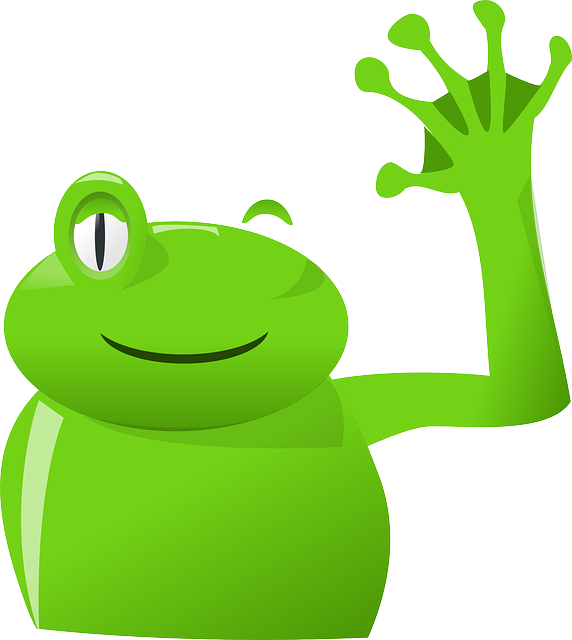evening of presents [noun] [de pakjesavond, de pakjesavonden]
"Pakjesavond" (literally 'evening of packages'), or "Sinterklaasavond" is the traditional evening ("avond") of "Sinterklaas" which is celebrated at the 5th of December. Since there is only one "pakjesavond", there is no plural.
The tradition is much more than just this evening and you can read all about it at http://en.wikipedia.org/wiki/Sinterklaas.
A "pakje" is a small package. This word is used to indicate a postal package (also "pakket(je)") or a present, especially if it is in the shape of a box. At "Sinterklaasavond", Sinterklaas and his "Zwarte Pieten" deliver presents to all houses (unless the children have been bad 🙂 ), hence the alternative name "pakjesavond".
Examples:
1. "Voor kinderen is pakjesavond ontzettend spannend!"
("To children pakjesavond is extremely exciting!")
2. "Sinterklaasavond wordt ook wel pakjesavond genoemd."
("Sinterklaasavond is also called pakjesavond." Or: "… is alternatively called…")
3. "Hopelijk slaat Sinterklaas jouw huis niet over op pakjesavond!"
("Hopefully Sinterklaas will not skip your house at pakjesavond!")
4. "Omdat iedereen op tijd thuis wil zijn voor pakjesavond, is het op 5 december 's middags al erg druk op de weg."
("On the 5th of December, already in the afternoon the roads are very crowded, because everybody wants to be at home on time for pakjesavond.")
Related words:
1. "Pepernoot": traditional candy that the "Zwarte Pieten" hand out to children.
2. "Kruidnoot": as in 1. but a different kind.
3. "Strooigoed": mix of candy that the "Zwarte Pieten" traditionally throw in the hall-way, through an open window or where ever possible, prior to delivering the presents. Basically "Zwarte Pieten" can throw candy at you whenever they want in the days leading up to "pakjesavond" 🙂 .
4. "Strooien": to scatter, to throw, to strew.
Extra:
Read more about Sinterklaas and his "Zwarte Pieten" at http://en.wikipedia.org/wiki/Sinterklaas .
References to the tradition of Sinterklaas were also made in "DWOTD 36. Kloppen", "DWOTD 72. Waaien" and "DWOTD 73. Hart".

 It is very common in Dutch to use a diminutive for informal use. “Groetjes” is derived from “groeten” (plural of the noun “groet”), which translates to “greetings”. So “groetjes” are “little greetings” 🙂
It is very common in Dutch to use a diminutive for informal use. “Groetjes” is derived from “groeten” (plural of the noun “groet”), which translates to “greetings”. So “groetjes” are “little greetings” 🙂